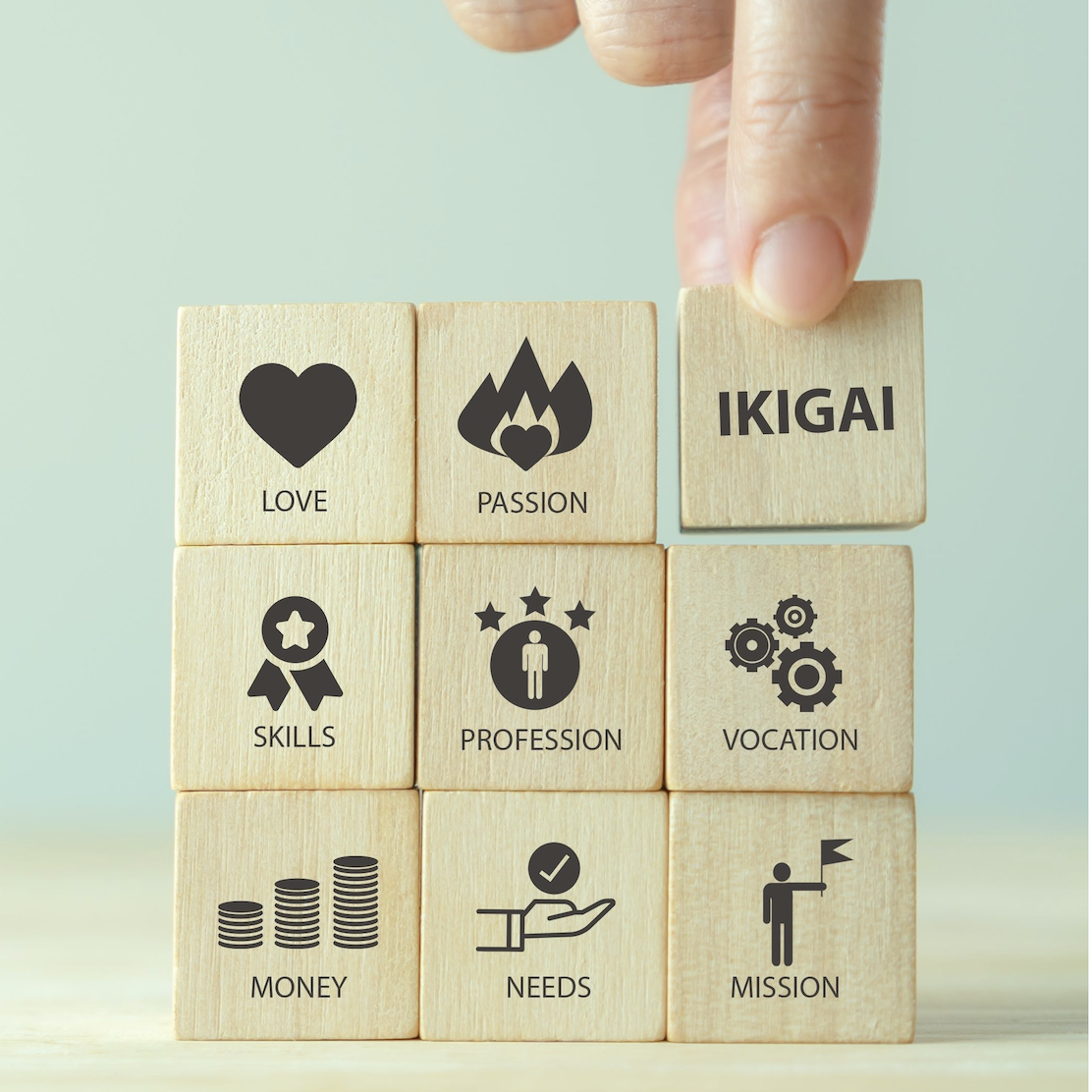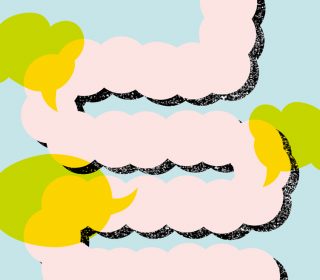Growing through self-discovery

Being a human being is hard. Life is full of challenges, apparent dead ends and unjust events. We live on a planet with war, chaos and pain. Never mind our own personal neurosis and fears, there is global uncertainty and more questions than answers about the future.
The concerns that bring people into therapy are increasingly complex, as we face a time when our cultural, economic and social contexts have a major impact on our personal issues. Many people enter therapy feeling overwhelmed, confused and overcome with a tidal wave of events. The world does not feel like a safe place, and all kinds of anxiety symptoms are mushrooming like an unwelcome garden of weeds.
Becoming you
It’s often at this moment of despair that someone steps onto a path of self-discovery, and it can feel less like a heroic venture and closer to desperate survival. However, during the years that I have spent listening to clients’ stories, I am always struck by the heroic nature that emerges once our front of house maître di is taken hostage by difficult events. All therapeutic models have a name for the ‘authentic self,’ which is safeguarded by a survival structure, built-in our childhoods when we discover what is acceptable or not to the world around us. Over time, we fortress and hide the parts of us that seem taboo to our families, friends, schools and communities. We learn who we have to be to get love, comfort and opportunities. This is necessary in order to belong, but over time if the intensity of what we are hiding becomes too great, we begin to experience symptoms of distress, such as anxiety (of being found out), depression, obsessive-compulsive symptoms, intrusive thoughts, melancholy, meaninglessness and loneliness. Whatever we bury eventually causes trouble in the psyche, like any marginalised group. Our psyches are very much like internal communities and if we rule our internal world as a dictator, we will find the uprisings, unrest and violent revolutions that are evident in the external world around us.
And so the challenge becomes the way in which we view ourselves and rule ourselves. Instead of being punitive, cruel and bullying with yourself, think about the qualities and behaviour of the people you most respect. If you admire the strength of purpose and consistency, then develop the ability to be your own person regardless of what others think. If you admire kindness, generosity and transparency, develop your own openness and capacity to give, regardless of what you get back. If the ability to adventure and pioneer against the odds is something that inspires you, find projects that stretch you.
One of the most powerful things you can do is become the person you most admire. Through demonstrating qualities that inspire you, you will build self-respect, a sense of meaning in your life and, most importantly, the security of liking the skin that you are in. We can’t control the world around us, or other people, but we can begin to master our own internal worlds in a way that makes sense to our inherent, authentic values.
For many, this means challenging the shame-making internal critic that seeks to maintain the status quo and avoid exposure. Often our attempts to change are met with an avalanche of interior stress and intimidation; thoughts that tell us we’re inadequate, that we’ll fail, and make a fool of ourselves. We hold a lot of prejudice against ourselves, so ask yourself: “Would I talk to a friend like this?”
Ironically, through convincing ourselves of our failures ahead of time, the internal critic is trying to protect our fortress by derailing risk-taking and reinforcing the belief that ‘the known is the safest place to be’. It takes courage to move forward in spite of our internal misgivings and, often, we can feel that we are up against impossible odds, experiencing despair not just in ourselves and our circumstances, but in the larger economic, social and political world around us. These feelings are valid. But earning our own self-respect by facing our challenges in a way we can feel proud of despite the obstacles, and using our hard-earned wisdom to contribute to the world, is a far more fulfilling road than trying to change others. And certainly more in our hands than waiting for the world to become the kind of place we wish it would be.
Stacey Millichamp is a Psychotherapist and Clinical Supervisor in private practice in London. She teaches and supervises on the Masters Degree in Psychotherapy at the Psychosynthesis and Education Trust, and was a co-founder and Clinical Director for the charity Teens & Toddlers for many years. For more information, see northlondonpsychotherapist.com









